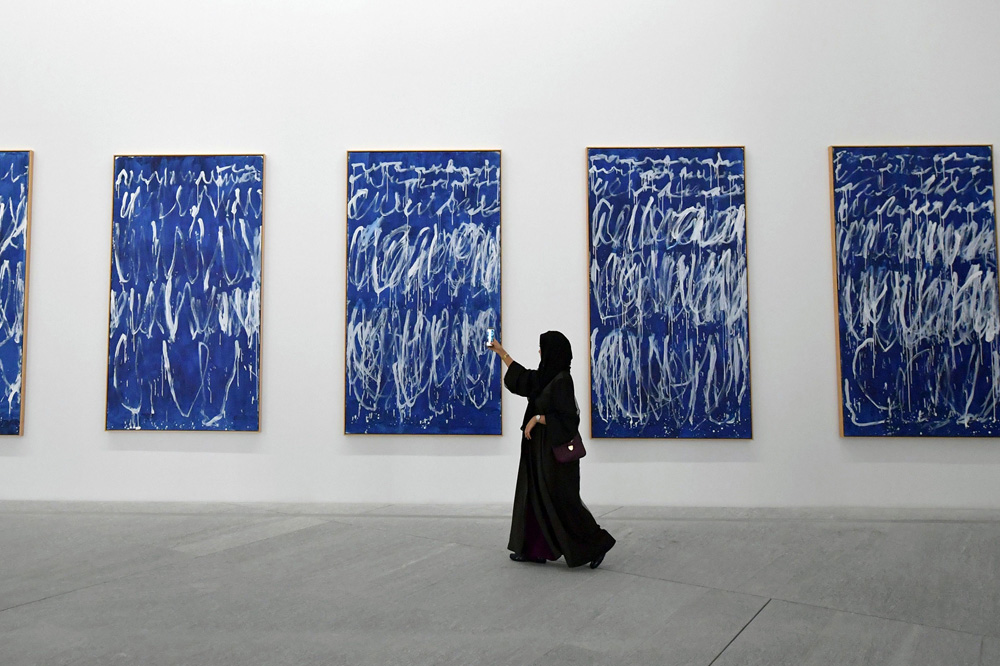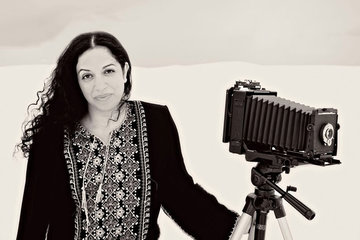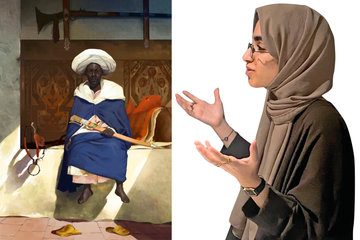
In accordance to Vision 2030, a national plan to transform Saudi Arabia’s economy while developing other key sectors such as arts, culture, and heritage, the Saudi Arabian Society for Culture and Arts (SASCA) has launched the Institute of Culture and Arts for Training this week. The institute has been specifically created to work on promoting arts and culture, particularly on developing performance and technical skills in the Kingdom.
SASCA was established in 1973 as a civil society institution, envisioned to be the first sponsor of all cultural and artistic activities in Saudi Arabia. Omar Saif, the society’s chairman, said establishing the new Institute of Culture and Arts for Training is in line with Vision 2030, which aims to support the Kingdom’s culture and art producers, invest in their talents and efforts, and create diverse opportunities for them in the field.

According to Said, the institute will seek local and global partnerships in the field of culture and arts training, and will offer various courses in fine arts, photography, calligraphy, digital arts, and design, as well as programs in art writing, music, theater and folklore arts, filmmaking, and cinema.
The Kingdom’s culture is one that is rich and old, shaped not only by Islam but by centuries of other influences, such as its historical role as an ancient trade center and its Bedouin traditions. Today, Saudi Arabia is working on nurturing cultural production at every level, from its writers, directors, and artists, to increasing the number of cultural venues across the country such as libraries, galleries, and museum.
Indeed, under Vision 2030, arts, culture, and entertainment are considered indispensable to Saudi Arabia’s future quality of life, and that is why the government is currently working on supporting the efforts of regions, governorates, non-profit, and private sectors to create and organize cultural events by enhancing the role of government funds, while also attracting local and international investors, creating partnerships with international entertainment corporations.

















